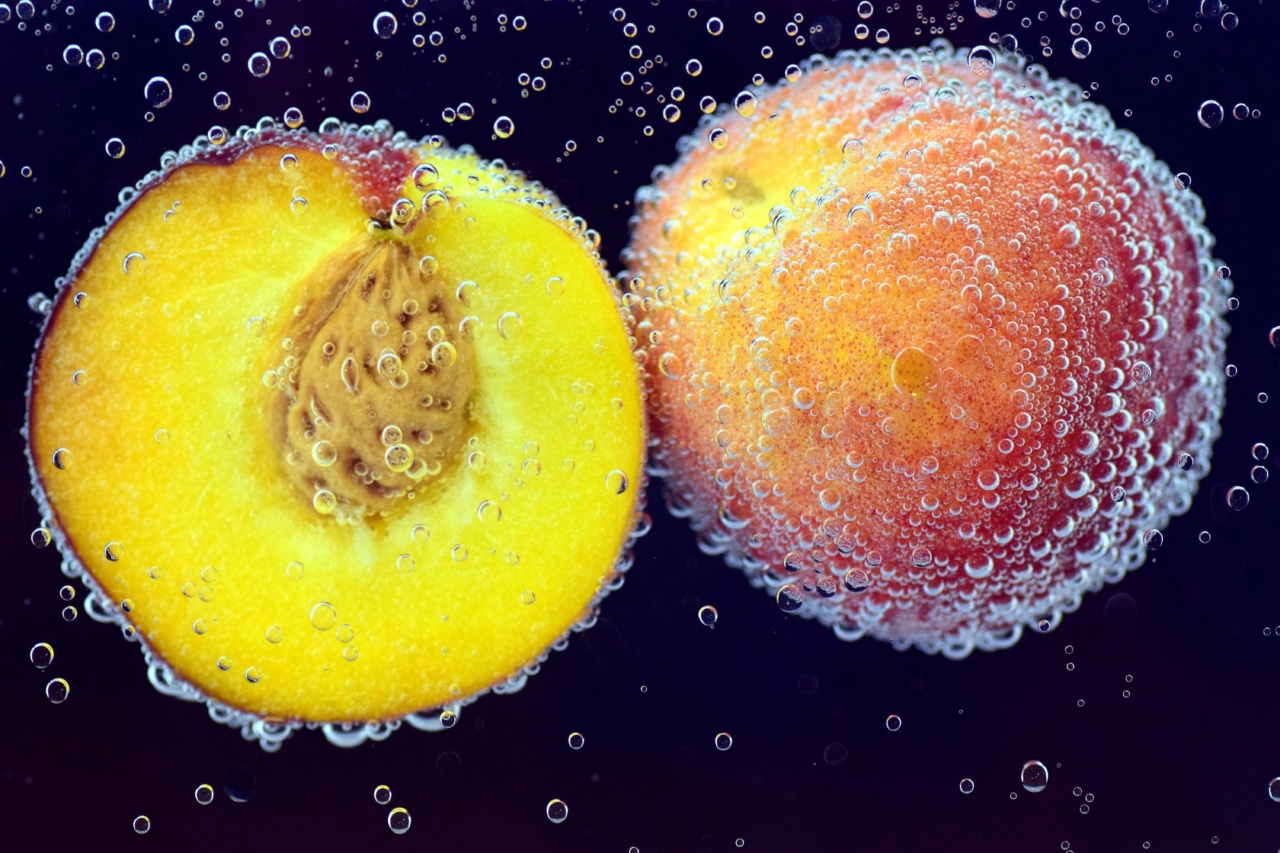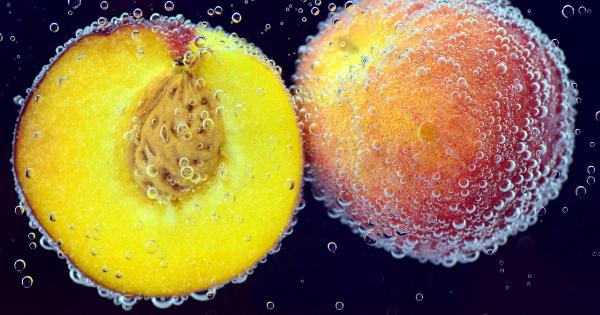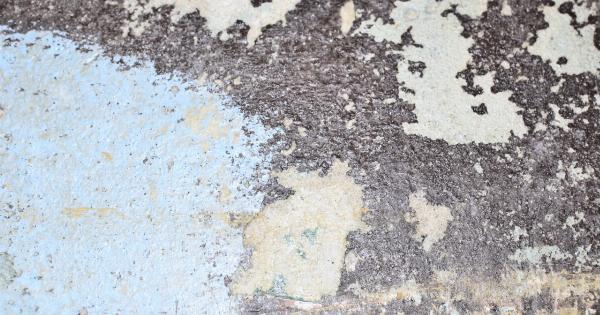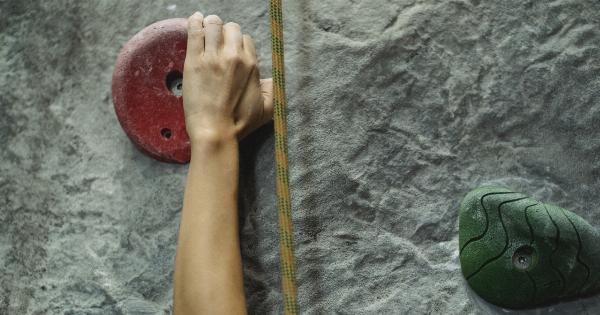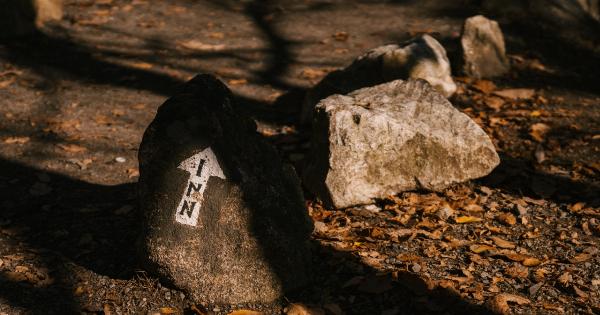The gallbladder, a small organ located beneath the liver, plays a crucial role in the digestive process. It stores bile, a substance produced by the liver that helps break down fats in the small intestine.
However, sometimes the bile can become imbalanced, leading to the formation of gallstones. These small, hard deposits can cause excruciating pain and discomfort. While medical intervention may be necessary in severe cases, there are dietary measures you can take to prevent or manage gallstones.
Including bile stone-fighting foods in your diet is one such measure that can make a significant difference in promoting a healthy gallbladder and prevent the formation of gallstones.
H2: What are Gallstones?
Gallstones are hardened deposits that form in the gallbladder. They can vary in size and composition, ranging from tiny grain-like pieces to larger stones.
Gallstones can develop due to various factors, including an imbalance in the chemical composition of bile, excess cholesterol, or a decrease in bile salts. While some gallstones may cause no symptoms, others can lead to severe pain and complications.
Factors That Increase the Risk of Gallstones
Several factors can increase the risk of developing gallstones. These include:.
- Obesity: Being overweight or obese can increase cholesterol levels, leading to gallstone formation.
- Poor diet: A diet high in fat and cholesterol and low in fiber can contribute to gallstone development.
- Rapid weight loss: Losing weight quickly can cause the liver to secrete more cholesterol into the bile, increasing the risk of gallstones.
- Family history: A family history of gallstones increases your susceptibility to developing them.
- Age and gender: Women over the age of 40 are more likely to develop gallstones.
- Pregnancy: Hormonal changes during pregnancy can increase the risk of gallstones.
H2: The Role of Diet in Gallstone Formation
Your diet plays a significant role in gallstone formation. Certain dietary choices can contribute to the increased production of cholesterol in the bile, leading to the formation of gallstones.
Additionally, a lack of essential nutrients in your diet can impair gallbladder function.
10 Bile Stone-Fighting Foods to Include in Your Diet
Fortunately, making dietary modifications can help prevent or manage gallstones effectively. Including bile stone-fighting foods in your diet can optimize gallbladder health and reduce the risk of gallstone formation. Here are ten such foods:.
1. Citrus Fruits
Citrus fruits like oranges, lemons, and grapefruits are rich in vitamin C and have been shown to reduce the risk of gallstones. Vitamin C helps convert cholesterol into bile acids, preventing the formation of gallstones.
2. High-Fiber Foods
A diet high in fiber can aid in weight management and reduce the risk of gallstones. It helps regulate digestion, prevents constipation, and assists in maintaining a healthy weight, which is crucial for preventing gallstones.
Include foods like whole grains, beans, lentils, fruits, and vegetables in your diet to increase fiber intake.
3. Olive Oil
Olive oil, especially extra virgin olive oil, contains healthy fats that can promote gallbladder health. It can help control cholesterol levels in the bile, reducing the risk of gallstone formation.
4. Cruciferous Vegetables
Cruciferous vegetables like broccoli, cauliflower, and Brussels sprouts are rich in fiber and contain compounds that support liver function. They aid in detoxification processes and promote healthy bile production, reducing the risk of gallstones.
5. Nuts
Various nuts, such as almonds and walnuts, contain healthy fats and fiber that support gallbladder health. Including a handful of nuts in your diet can provide essential nutrients and help prevent gallstone formation.
6. Fish
Fatty fish like salmon, mackerel, and sardines are excellent sources of omega-3 fatty acids. These healthy fats have anti-inflammatory properties and can help reduce cholesterol levels, decreasing the risk of gallstone formation.
7. Legumes
Legumes, such as beans, chickpeas, and lentils, are rich in fiber and plant-based protein. They can aid in weight management, improve gut health, and reduce the risk of gallstones.
8. Leafy Greens
Including leafy greens like spinach, kale, and Swiss chard in your diet can provide essential nutrients and promote gallbladder health.
These vegetables are rich in fiber, vitamins, and minerals that support optimal bile production and prevent gallstone formation.
9. Ginger
Ginger has long been used for its medicinal properties, one of which is promoting digestive health. It can stimulate bile production and help prevent the formation of gallstones.
10. Apple Cider Vinegar
Apple cider vinegar has been associated with numerous health benefits, including supporting gallbladder health. It may help improve bile flow and prevent the development of gallstones.
Incorporating Bile Stone-Fighting Foods into Your Diet
Now that you are aware of the importance of including bile stone-fighting foods in your diet, here are some practical tips to help you incorporate them:.
- Start your day with a glass of warm water mixed with lemon juice.
- Include at least two servings of fruits and three servings of vegetables in your daily meals.
- Choose whole grains like brown rice, quinoa, and whole wheat bread over refined grains.
- Use extra virgin olive oil as your primary cooking oil.
- Snack on a handful of mixed nuts instead of unhealthy processed snacks.
- Include fish in your diet at least twice a week.
- Make legumes a regular part of your meals by adding them to soups, salads, or as a side dish.
- Add leafy greens to your salads, sandwiches, or smoothies.
- Incorporate ginger into your dishes, teas, or consume it as a supplement.
- Consider diluting a tablespoon of apple cider vinegar in a glass of water and consuming it before meals.
H2: Conclusion
The formation of gallstones can be a painful and debilitating condition. However, by paying attention to your diet and including bile stone-fighting foods, you can take significant steps towards preventing their formation.
Remember to maintain a balanced diet, high in fiber and nutrients, and low in unhealthy fats. By adopting these dietary habits and incorporating specific foods, you can promote a healthy gallbladder and reduce the risk of developing gallstones.
